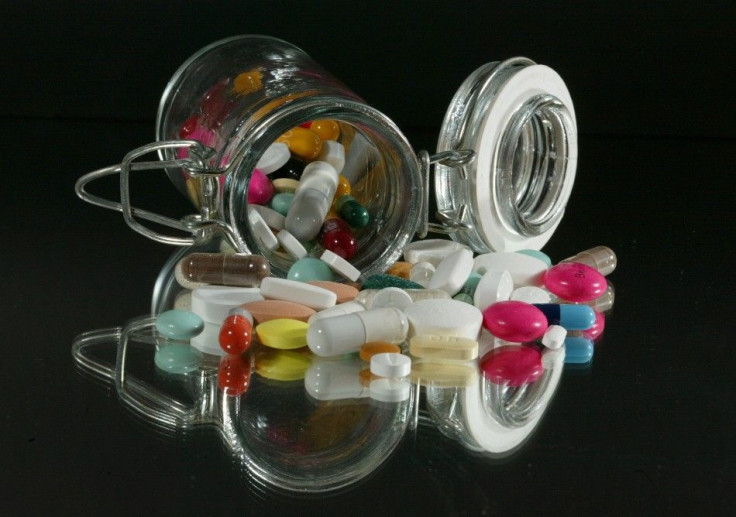California County Wants Drug Makers To Pay For Pill Disposal

(Reuters) - Pharmaceutical companies selling drugs in parts of the San Francisco Bay area would be required to submit plans for incinerating or safely disposing of unused medication under a plan advanced by county officials this week.
The measure, billed by supporters as the first of its kind in the United States, is designed to force pharmaceutical companies to bear the cost of collecting and safely discarding unused prescription drugs that might otherwise foul waterways or fall into the hands of substance abusers.
Officials in Alameda County, encompassing the Bay area cities of Oakland and Berkeley, gave preliminary approval on Tuesday to the measure. Representatives of two biomedical industry groups have criticized the proposal.
This could be a model throughout the country, County Supervisor Nate Miley said of the proposal.
Alameda County currently operates 21 disposal sites where residents can drop off unused or expired medications. But Bill Pollock, the county's household hazardous-waste program manager, estimates the county's 1.5 million residents still have as much as 681 tons of unwanted drugs stockpiled in medicine cabinets.
The proposed ordinance, which requires a second vote set for later this month, would seek to shift the cost and responsibility for the disposal program to drug manufacturers.
Similar regulations have been enacted in Canada, parts of Europe and Australia, supporters said. Failure to comply could result in civil penalties of up to $1,000 a day and misdemeanor criminal charges punishable by jail time for company executives.
The federal government, which regulates the pharmaceutical industry, posts guidelines urging consumers not to flush old pills down the toilet, citing research showing that prescription drugs are ending up in the nation's water supplies.
GUIDANCE ON DISPOSAL
Public health experts also worry about abuse of cast-off pills. Nearly 21 percent of U.S. high school seniors reported taking someone else's prescription medication, according to the 2011 National Youth Risk Behavior Survey published by the U.S. Centers for Disease Control and Prevention.
Overdoses from prescription drugs have surpassed car crashes, heroin and cocaine abuse to become the leading cause of accidental deaths in the country.
Absent pharmaceutical collection programs, federal authorities urge consumers to discard pills in the trash after sealing them in plastic bags with other undesirable substances, such as coffee grounds or kitty litter, to make them less appealing to youngsters.
Representatives of two industry groups acknowledged that traces of pharmaceuticals have been detected in U.S. waterways. But they questioned whether the measure would ease pollution or prevent youths from acquiring drugs.
Folks have to be their own guardians and stewards of what's in their homes, said Ritchard Engelhardt, vice president of government affairs for Bay Bio, which represents 450 Bay Area life-science research companies.
We absolutely don't agree that this is going to have a measurable effect on pharmaceuticals in waterways, he said.
Consuelo Hernandez of California Healthcare Institute, a biomedical-industry group, said any regulation should come from the state or federal government.
I am concerned about the environment, but scientific data shows that the vast majority of pharmaceuticals in water comes from human excretion, Hernandez said.
Alameda County Supervisor Scott Haggerty said he cast his vote in favor of the measure as the parent of a 14-year-old who was invited to a party where kids took random prescription drugs gathered from their homes.
Alameda County District Attorney Nancy O'Malley said children regularly steal pills from medicine cabinets. It's time for these companies to step up and take responsibility, she said.
(Editing By Tim Gaynor and David Gregorio)
© Copyright Thomson Reuters {{Year}}. All rights reserved.





















